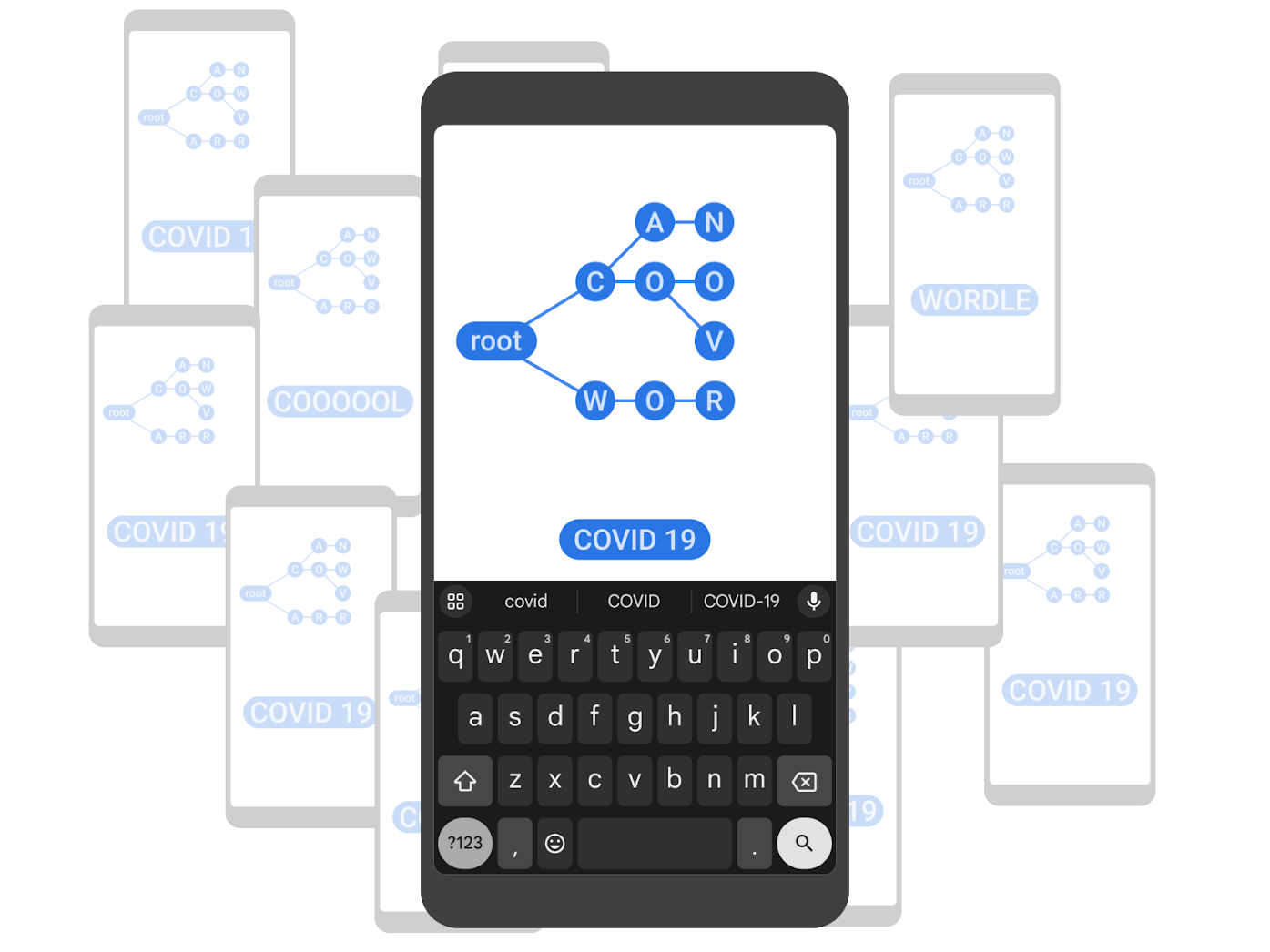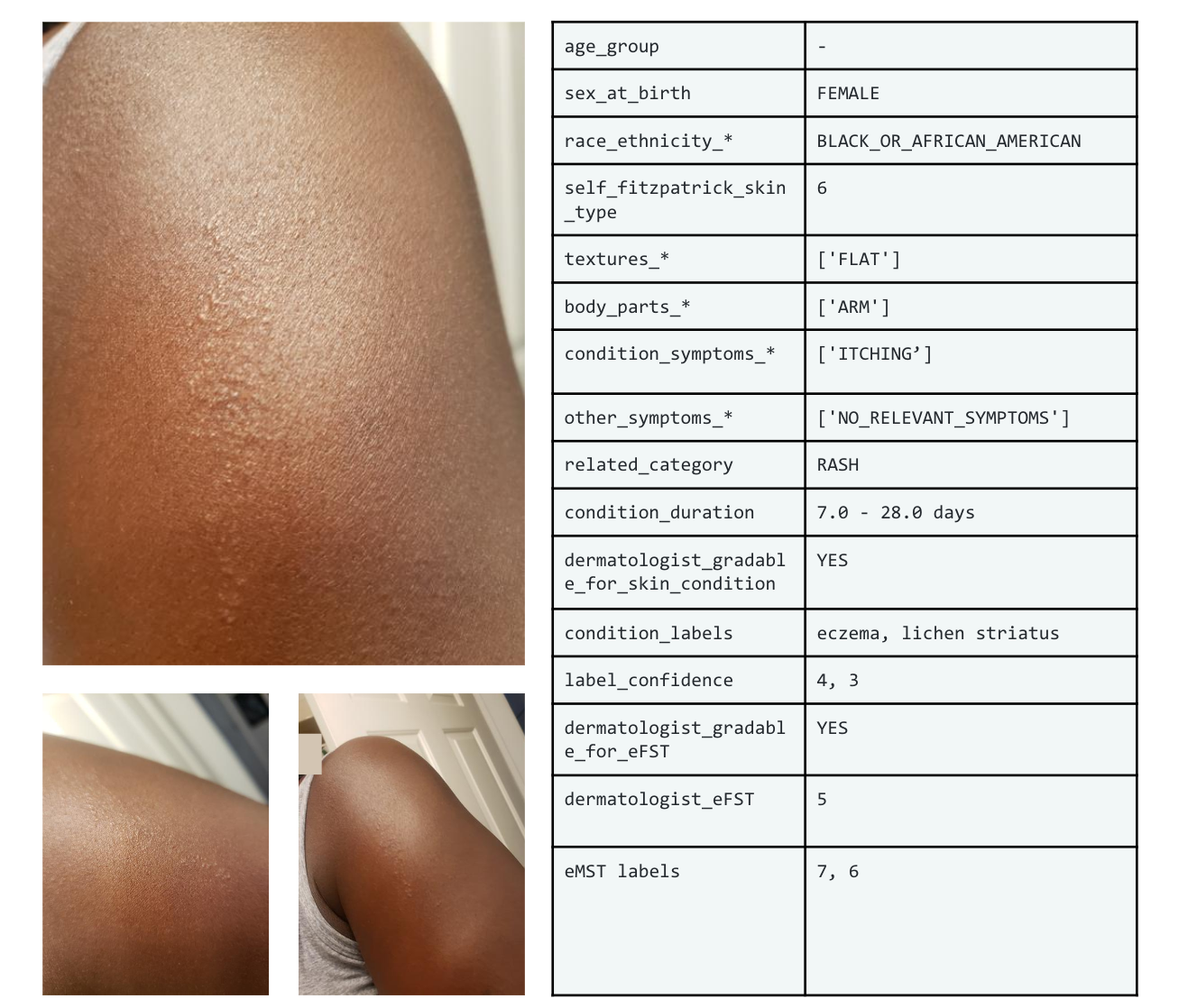
Announcing the Google Cloud Platform Research Credits Program
April 26, 2018
Posted by Steven Butschi, Head of Higher Education, Google
Scientists across nearly every discipline are researching ever larger and more complex data sets, using tremendous amounts of compute power to learn, make discoveries and build new tools that few could have imagined only a few years ago. Traditionally, this kind of research has been limited by the availability of resources, with only the largest universities or industry partners able to successfully pursue these endeavors. However, the power of cloud computing has been removing obstacles that many researchers used to face, enabling projects that use machine learning tools to understand and address student questions and that study robotic interactions with humans, among many more.
In order to ensure that more researchers have access to powerful cloud tools, we’re launching Google Cloud Platform (GCP) research credits, a new program aimed to support faculty in qualified regions who want to take advantage of GCP’s compute, analytics, and machine-learning capabilities for research. Higher education researchers can use GCP research credits in a multitude of ways — below are just three examples to illustrate how GCP can help propel your research forward.
Andrew V. Sutherland, a computational number theorist and Principal Research Scientist at the Massachusetts Institute of Technology, is one of a growing number of academic researchers who has already made the transition and benefited from GCP. His team moved his extremely large database to GCP because “we are mathematicians who want to focus on our research, and not have to worry about hardware failures or scaling issues with the website.”
Ryan Abernathey, Assistant Professor of Earth and Environmental Sciences, Ocean and Climate Physics at the Lamont-Doherty Earth Observatory at Columbia University, used Google Cloud credits through an NSF partnership and, with his team, developed an open-source platform to manage the complex data sets of climate science. The platform, called Pangeo, can run Earth System Modeling simulations on petabytes of high-resolution, three-dimensional data. “This is the future of what day-to-day science research computing will look like,” he predicts.
At the Stanford Center for Genomics and Personalized Medicine (SCGPM), researchers using GCP and BigQuery can now run hundreds of genomes through a variant analysis pipeline and get query results quickly. Mike Snyder, director of SCGPM, notes, “We’re entering an era where people are working with thousands or tens of thousands or even million genome projects, and you’re never going to do that on a local cluster very easily. Cloud computing is where the field is going.”
The GCP research credits program is open to faculty doing cutting-edge research in eligible countries. We’re eager to hear how we can help accelerate your progress. If you’re interested, you can learn more on our website or apply now.


